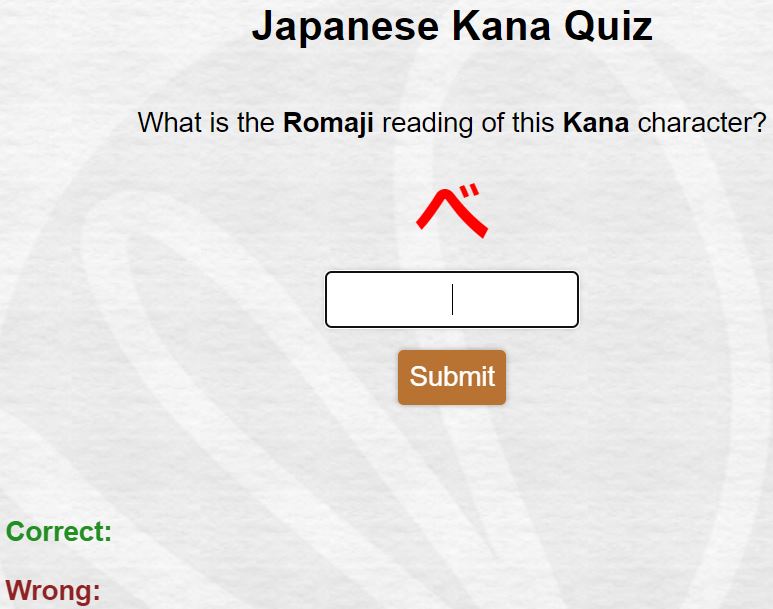
Bladder Issues
English/Japanese
Doctor:
Hello, what seems to be the problem?
こんにちは、どうされましたか?
Patient:
Hello, I have a problem with my bladder.
こんにちは、私は膀胱の問題があります。
Doctor:
What kind of problem do you have?
どのような問題がありますか?
Patient:
I have a frequent urge to urinate and sometimes I leak urine.
私は尿意が頻繁にあり、尿が漏れることがあります。
Doctor:
That must be difficult. How often does it happen?
それは辛いですね。どのくらいの頻度でそれが起こりますか?
Patient:
It happens several times a day.
一日に数回起こります。
Doctor:
That’s a sign of a condition like urethritis or cystitis. We need to do some tests.
それは尿道炎や膀胱炎のような病気の兆候です。検査をしましょう。
Patient:
How are the tests conducted?
検査はどのように行われますか?
Doctor:
We need a urine test and an ultrasound test. We will collect the urine sample at the hospital, and the ultrasound test will be done in a special room. If we find a disease, we will start appropriate treatment. Until then, please drink fluids frequently, avoid alcohol and caffeine, and don’t hold in your urine.
尿検査と超音波検査が必要です。尿検査は病院で採取してもらい、超音波検査は専用の部屋で行います。病気が見つかった場合、適切な治療を開始します。それまでに、水分をこまめにとり、お酒やカフェインを避け、排尿を我慢しないようにしてください。
Patient:
I understand. Thank you.
わかりました。ありがとうございます。
Vocabulary List
- 医者 (いしゃ) – doctor
- 患者 (かんじゃ) – patient
- 膀胱 (ぼうこう) – bladder
- 尿意 (にょうい) – urge to urinate
- 尿 (にょう) – urine
- 漏れる (もれる) – to leak
- 頻繁に (ひんぱんに) – frequently
- 起こる (おこる) – to occur
- 尿道炎 (にょうどうえん) – urethritis
- 膀胱炎 (ぼうこうえん) – cystitis
- 検査 (けんさ) – examination
- 尿検査 (にょうけんさ) – urine test
- 超音波検査 (ちょうおんぱけんさ) – ultrasound test
- 病院 (びょういん) – hospital
- 採取する (さいしゅする) – to collect
- 適切な (てきせつな) – appropriate
- 治療 (ちりょう) – treatment
- 水分 (すいぶん) – fluids
- こまめに – frequently
- お酒 (おさけ) – alcohol
- カフェイン – caffeine
- 排尿 (はいにょう) – urination
- 我慢する (がまんする) – to hold in



